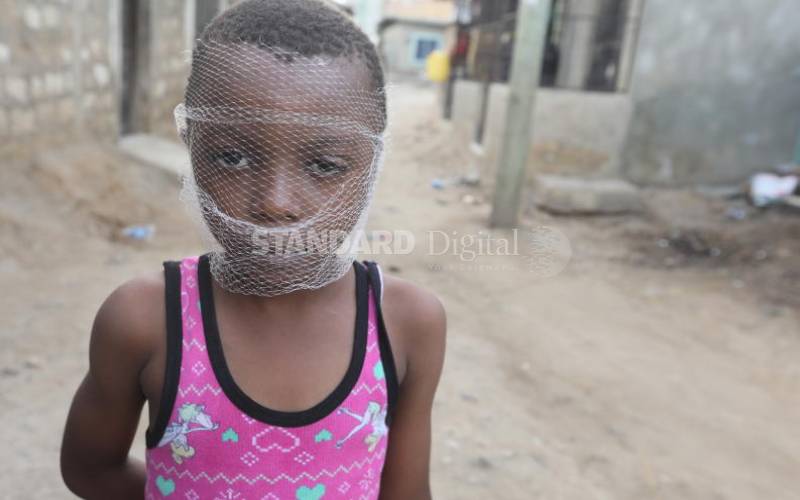×
The Standard e-Paper
Stay Informed, Even Offline

With the onset of the coronavirus pandemic, children's health and vulnerability have become a major area of concern.
According to the Ministry of Health guidelines, the disease spread can be stopped or reduced by observing measures such as frequent handwashing with soap, physical distancing and always wearing a mask. While children can do the first two, it is unclear if children should or should not wear a mask.